Indonesia officially joins BRICS as a full member
Indonesia Officially Joins BRICS as a Full Member: A New Chapter in Global Economic Dynamics
In a significant move for global geopolitics, Indonesia has officially joined BRICS as a full member. The decision, which marks a major shift in the country’s foreign policy, underscores Indonesia’s growing influence on the world stage and its desire to be part of a new economic and political bloc that is reshaping global power dynamics.
BRICS, which consists of Brazil, Russia, India, China, and South Africa, has long been seen as a counterbalance to the traditional economic powers of the West. Indonesia’s accession to the group is expected to have far-reaching implications for both the nation and the broader global landscape, especially as BRICS continues to expand its reach and influence in the coming years.
What is BRICS?
BRICS is an acronym for the grouping of five major emerging economies: Brazil, Russia, India, China, and South Africa. The BRICS nations, representing nearly 40% of the world’s population and around 25% of global GDP, have formed a significant coalition with the aim of promoting economic growth, development, and cooperation outside the traditional Western-dominated economic system.
Since its inception, BRICS has sought to challenge the influence of global institutions like the World Bank and the International Monetary Fund (IMF), advocating for reforms that would give emerging economies a greater voice in global governance. BRICS has also focused on strengthening economic ties among its member countries through trade, investment, and development projects, and has been instrumental in creating alternative financial infrastructure, such as the New Development Bank (NDB).
Why is Indonesia’s Membership Significant?
Indonesia’s inclusion as a full BRICS member represents a major step for both the country and the bloc. As the largest economy in Southeast Asia and the fourth most populous nation in the world, Indonesia brings substantial economic weight to the group. The country’s robust economy, which is the 16th largest globally by nominal GDP, is a key player in the Asia-Pacific region and has significant influence in both regional and global trade.
Several factors make Indonesia’s membership in BRICS particularly important:
- Economic Growth: Indonesia has consistently experienced impressive economic growth in recent years. By joining BRICS, Indonesia aims to further strengthen its position in the global economy, gaining access to new markets, investment opportunities, and cooperation with other emerging economies.
- Strategic Location: Indonesia sits at the crossroads of major global trade routes in the Asia-Pacific region. Its membership in BRICS could enhance trade connectivity, particularly with China, India, and Russia—key economic partners of the group. This strategic positioning could also help Indonesia bolster its role in regional geopolitics.
- Political Influence: Indonesia has been an active participant in various international organizations, including the United Nations, the Association of Southeast Asian Nations (ASEAN), and the G20. BRICS membership offers Indonesia a larger platform to shape global economic policies and foster cooperation with other emerging economies on critical issues such as sustainable development, climate change, and global trade.
- Development and Infrastructure Investment: One of the primary goals of BRICS is to promote infrastructure development and sustainable growth in its member states. Indonesia’s membership could provide access to much-needed funding and support for various infrastructure projects, particularly in transportation, energy, and technology sectors.
- Shaping a Multipolar World: With Indonesia’s inclusion, BRICS further cements its role as a key player in the emerging multipolar world order. This aligns with Indonesia’s broader foreign policy goals, which focus on increasing its global influence and promoting a fairer, more balanced international system.
Indonesia’s Growing Role in Global Affairs
Indonesia’s accession to BRICS reflects the country’s evolving role in global affairs. As one of the largest democracies in the world and a key member of the G20, Indonesia has been working to enhance its position as a bridge between the developed and developing worlds. Its foreign policy has increasingly focused on fostering stronger relationships with emerging economies, advocating for greater inclusivity in global decision-making processes, and promoting economic development in Southeast Asia and beyond.
By joining BRICS, Indonesia not only aligns itself with some of the world’s fastest-growing economies but also asserts its commitment to a more equitable international system. The country’s inclusion in BRICS also underscores its ambition to be a leader in global conversations on economic reform, sustainability, and peacebuilding.
Implications for the Global Economy and BRICS
Indonesia’s membership in BRICS has the potential to shift global economic dynamics. The addition of one of Southeast Asia’s largest economies to the group enhances BRICS’ overall economic weight and geopolitical influence. This expansion could prompt a reevaluation of the existing global order, as BRICS continues to challenge Western-led institutions and foster a more diverse and multipolar world.
Indonesia’s entry into BRICS also raises the prospect of further expansion for the group. As BRICS has already begun discussions about incorporating additional countries, Indonesia’s membership could pave the way for other nations in the Asia-Pacific and beyond to join. Countries such as Argentina, Saudi Arabia, and Egypt have been mentioned as potential future members, which would further increase BRICS’ global economic influence.
Additionally, the inclusion of Indonesia could help BRICS tap into new markets in Southeast Asia and the Pacific. Indonesia, with its fast-growing consumer market and young population, offers significant opportunities for trade, investment, and collaboration in sectors such as digital economy, renewable energy, and infrastructure development.
Challenges and Opportunities for Indonesia within BRICS
While Indonesia’s membership in BRICS presents many opportunities, it also comes with challenges. As a member of an economic bloc that includes countries with diverse political systems, economic models, and regional interests, Indonesia will need to navigate complex negotiations to balance its own priorities with those of its BRICS counterparts. However, Indonesia’s experience in diplomacy and multilateral cooperation positions it well to take on this challenge.
On the economic front, Indonesia will benefit from increased access to investment and development financing through BRICS-backed initiatives like the New Development Bank. However, it will need to ensure that its economic policies align with the group’s broader goals of sustainable development, infrastructure growth, and trade diversification.
In Conclusion
Indonesia’s official accession to BRICS marks a new chapter in the country’s engagement with the global economy. As a key player in Southeast Asia, Indonesia brings significant economic potential, political influence, and strategic positioning to the BRICS bloc. The country’s membership underscores the growing relevance of emerging economies in shaping the future of global trade, finance, and geopolitics.
For BRICS, Indonesia’s inclusion strengthens the group’s voice in global decision-making and opens up new avenues for cooperation and development. As the group continues to expand, the future of BRICS looks increasingly promising, with Indonesia playing an integral role in shaping the new global order.
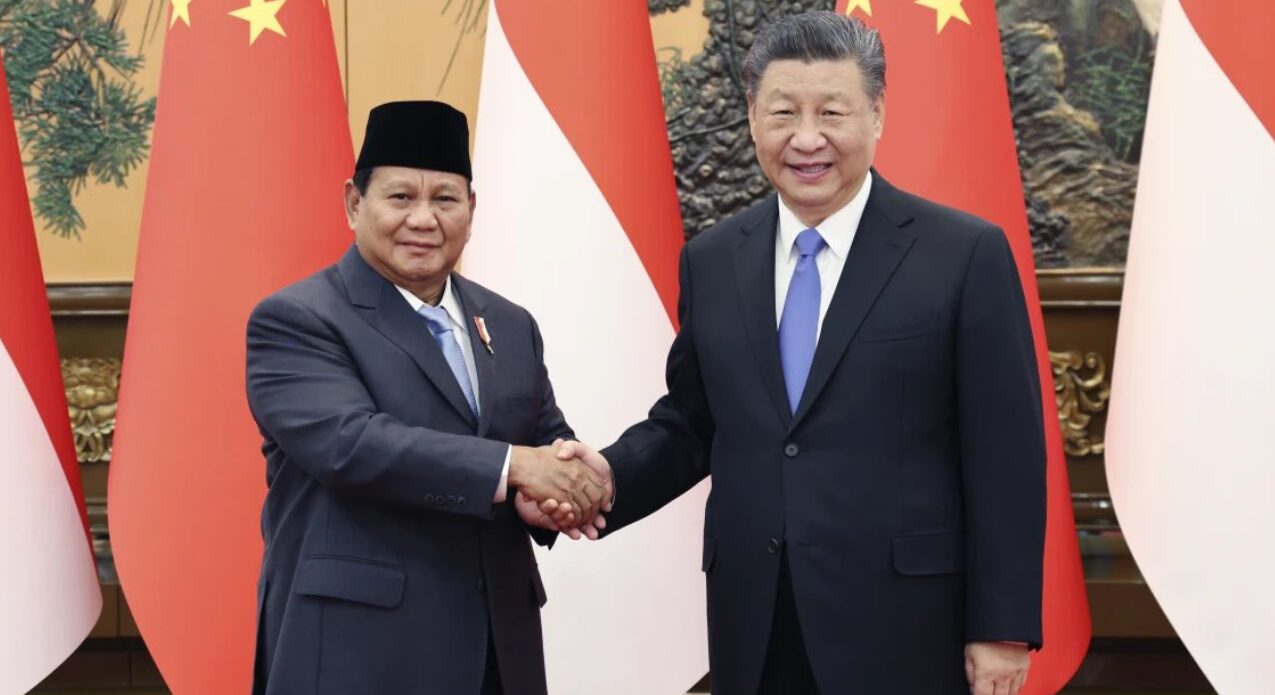
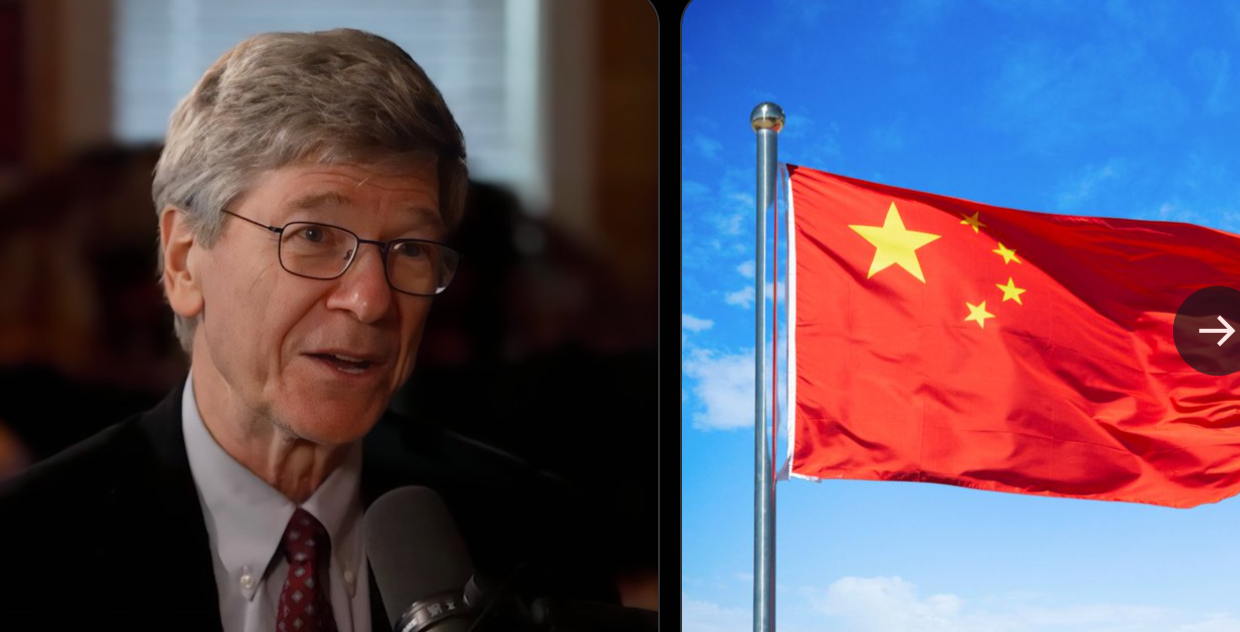
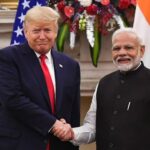
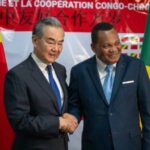
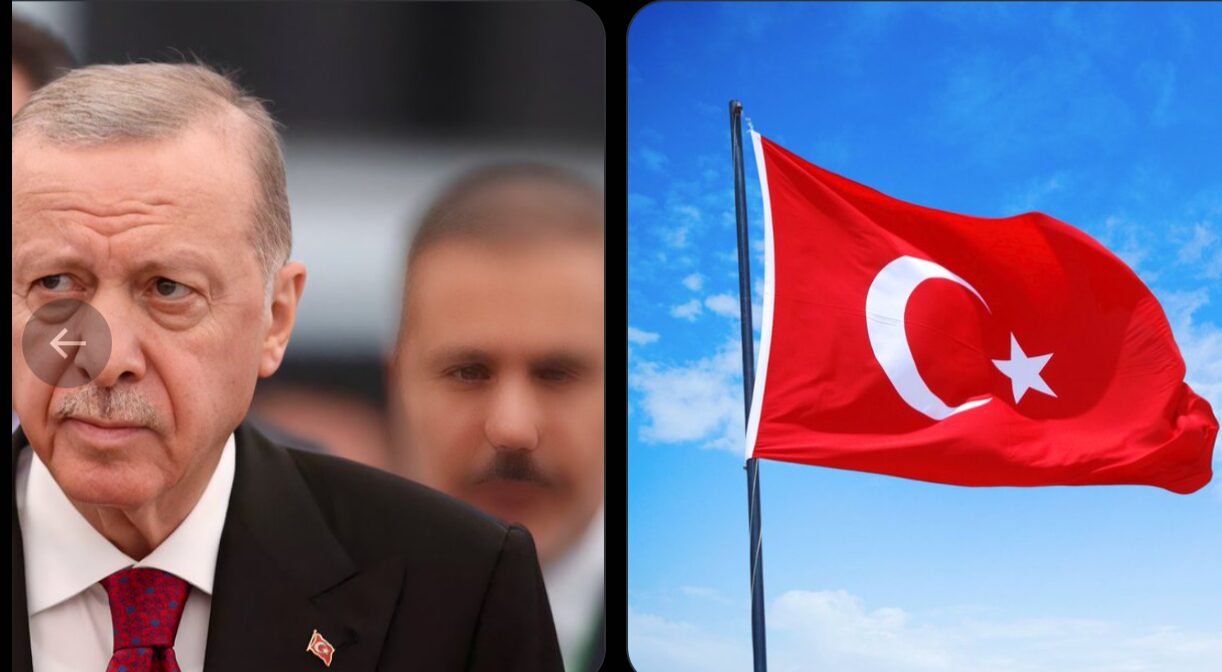


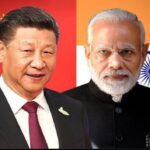









Post Comment